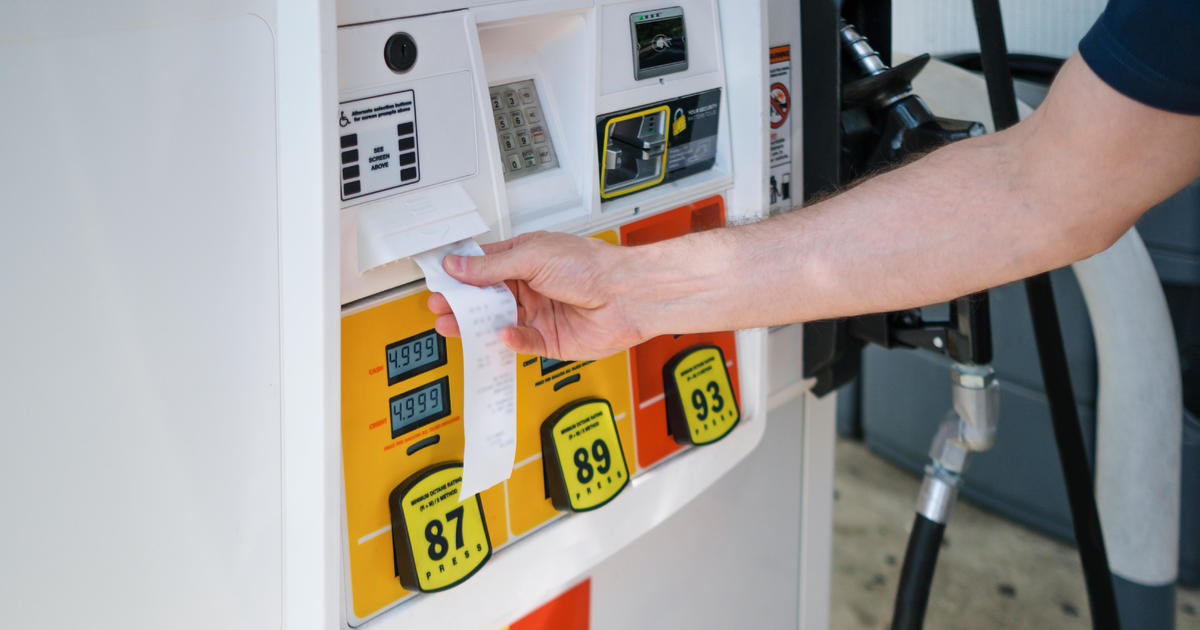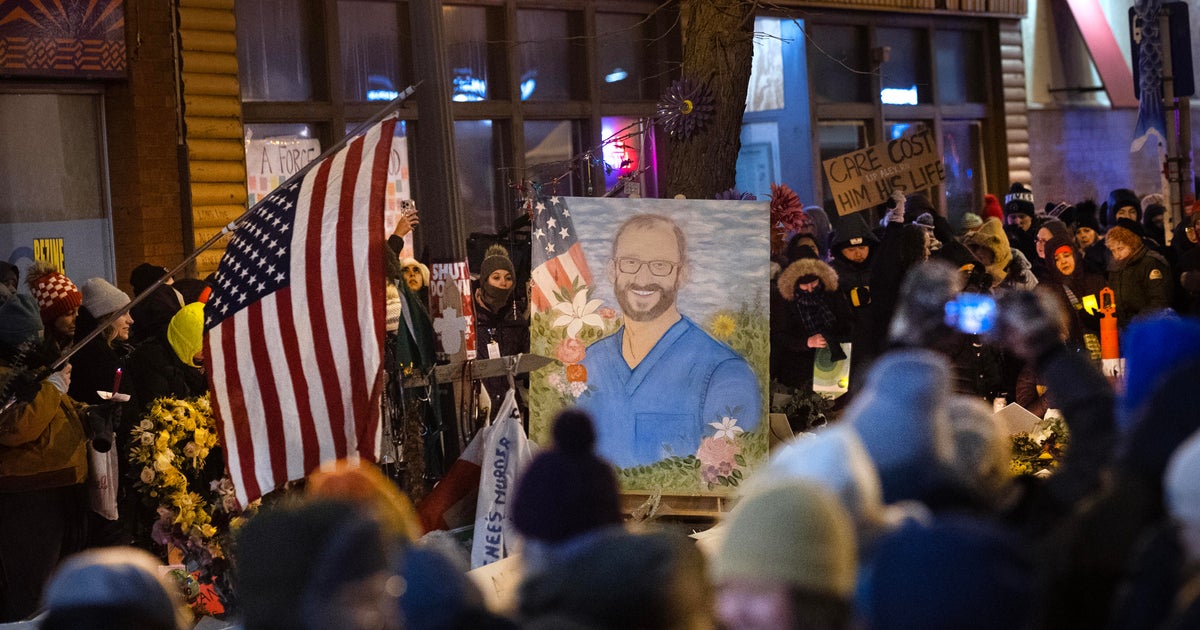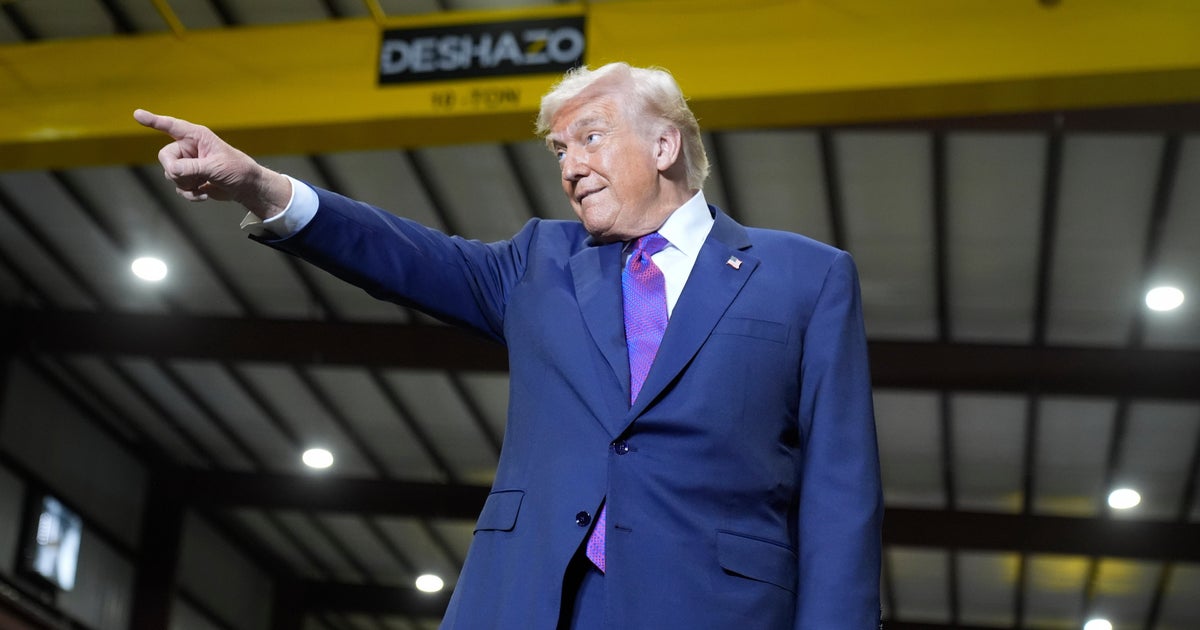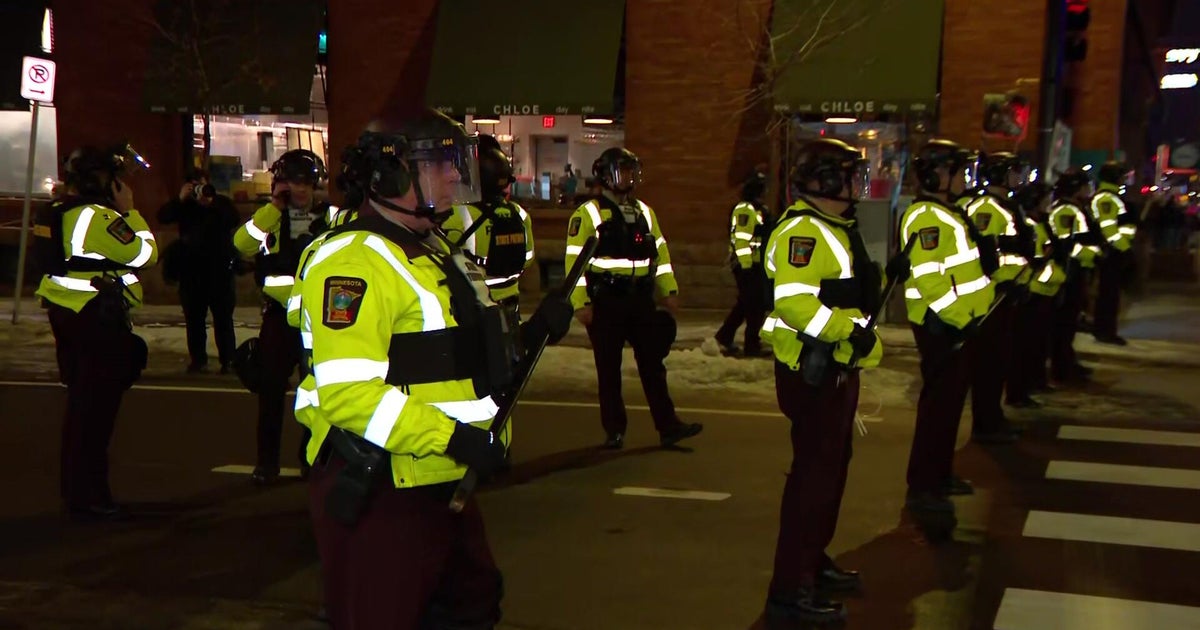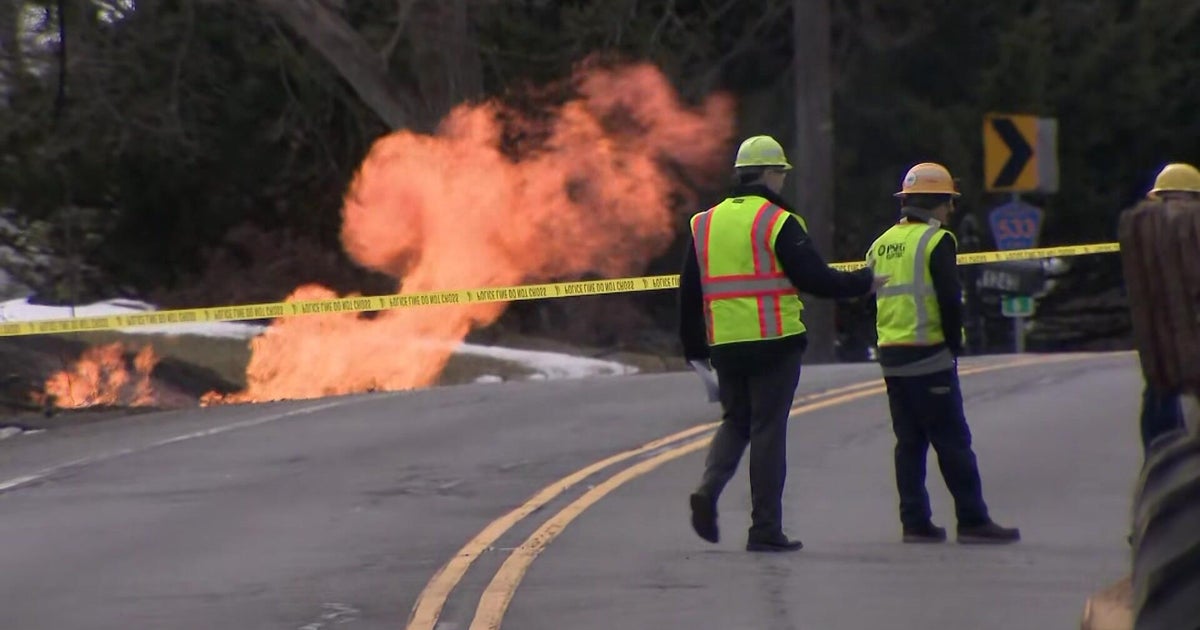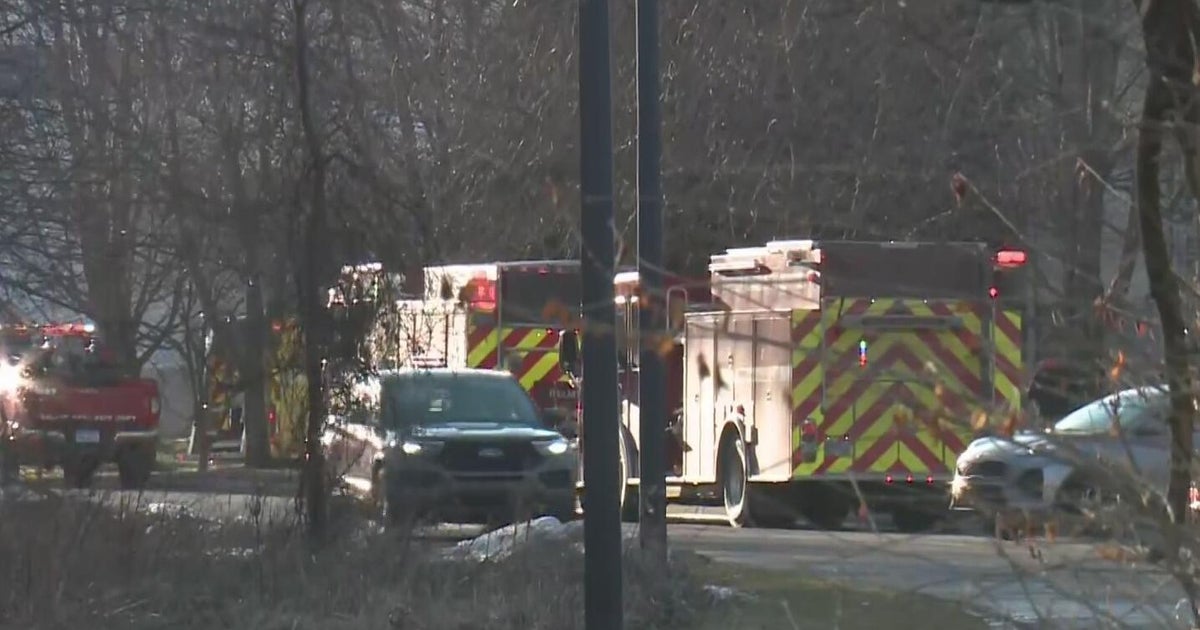Good Question: Could The President Lower Gas Prices?
MINNEAPOLIS (WCCO) -- With gasoline prices pushing $4 a gallon in the Twin Cities, there's enough blame to go around. Donald Trump said that a president should be able to get things under control, saying, "it would be very easy to get gasoline prices down."
So, can the president really do anything to lower gas prices?
"In the short term, no," said associate professor Elizabeth Wilson, an energy policy expert at the Humphrey School for Public Affairs at the University of Minnesota.
"Oil is an international commodity, fungible commodity, traded on international markets," said Wilson, arguing that even though the U.S. uses one-fourth of the world's oil, the government here doesn't have a lot of control over things.
Some in Congress are urging the President to tap into the Strategic Oil Reserves. President George W. Bush did just that in 2005 and oil prices dropped 10 percent. However, that was after Hurricane Katrina.
"You could argue that the high prices, while painful, are not potentially strategic reasons to drain the reserves," said Wilson.
The reserves have more than 700 million barrels of oil, which is an all-time high, but some experts don't think that a tight supply is causing the higher prices.
Instead, the president could go after speculators. Many blame these traders for driving up the price of oil. There is a new Commodity Futures Trading Commission, which could take action to tighten rules on speculating.
Speculative energy contracts have increased 35 percent since the unrest in Egypt began in January; the CFTC could limit the number of contracts big players could purchase.
Wilson points out, however, that it's unlikely that would have an immediate impact on prices at the pump.
She argues that we need to take more long-term steps, like reducing consumption.
That's already happening. Americans are using 1.6 percent less gasoline since the prices started skyrocketing. In China, though, people are using 10.6 percent more. Consumption is also up in India and Brazil.
"It's easy to get angry. It's hard to make changes," said Wilson.
